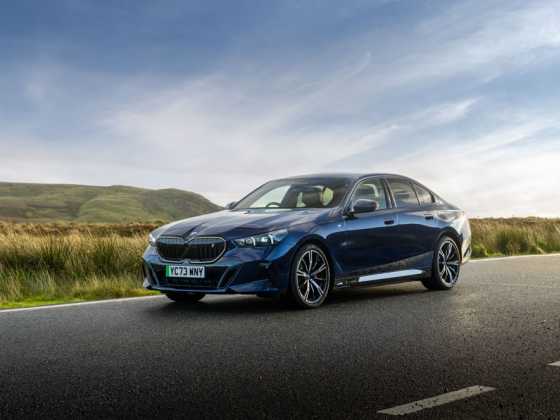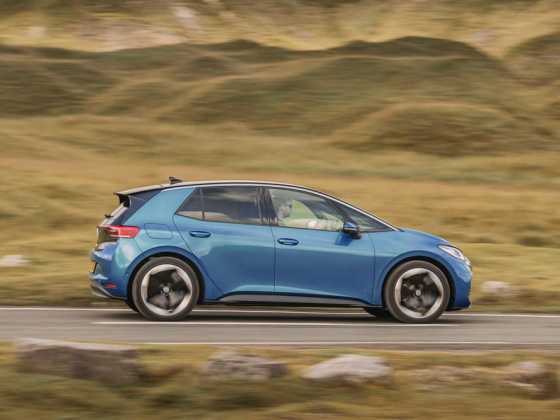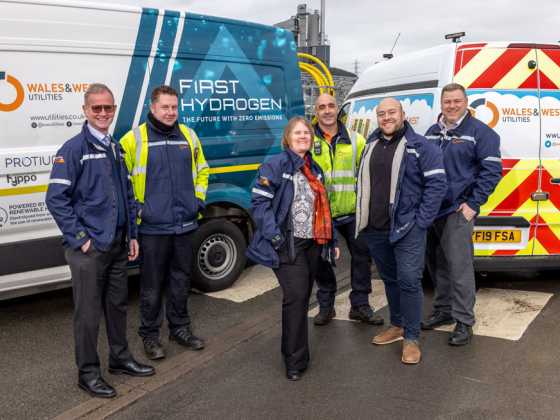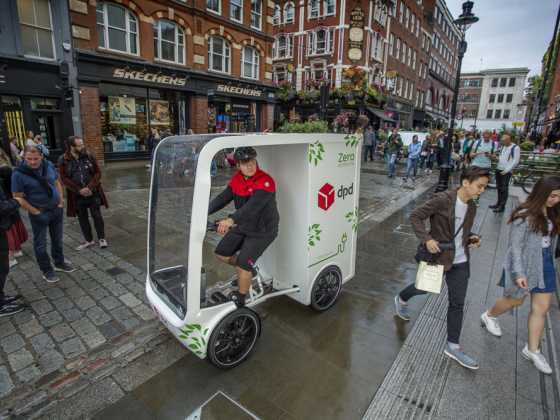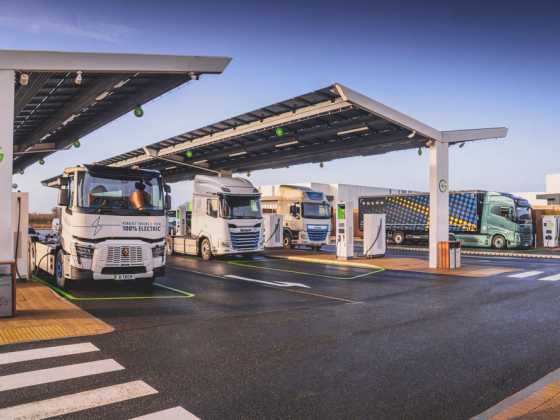EDF Energy driving the future of plug-in vehicle recharging
Opportunities for businesses to take advantage of the benefits of electric vehicles have never been greater.

While buying electric is simple enough, EDF Energy, Britain’s largest producer of low carbon electricity, is working to ensure businesses have access to the knowledge, the correct infrastructure and on-going professional support to gain the best results through simple, convenient and, above all, safe vehicle recharging.
With 40 years’ experience in the development of power supplies for electric vehicles and with the benefit of its own EV research and development facilities, the EDF Group is helping to lead the energy industry in the field of low carbon transport technology. In the UK EDF Energy is using these resources in its close co-operation with vehicle manufacturers and customers to develop products and services that support the rapidly growing electric vehicle market.
Easy and convenient plug-in battery charging, at home and at the workplace, is all part of the appeal of moving to low carbon, electric vehicles. But while the concept is straightforward, businesses need to think ahead about planning an infrastructure that will meet their needs in terms of vehicle numbers and usage; the speed with which charging can be done; and monitoring of charging patterns.
Safety, too, is vital. The charging equipment must be appropriate for the task and be properly used and maintained. EDF Energy works with industry bodies nationally and internationally to help define standards to ensure best practice and safety in vehicle recharging.
EDF Energy has developed EcoRecharge, an intelligent control box with a dedicated EV charging cable and connector that provides fast, easy and safe domestic recharging. Robust and weatherproof, the wall-mounted unit (charge point) runs on an isolated, fully earthed 16amp circuit, which can recharge a vehicle up to 35 per cent faster than a conventional plug could. (Comparing 16amp with 10amp supply.)
While it’s possible simply to link to a standard UK electricity socket using a 13amp three-pin plug, EDF Energy advises that this is the least safe method: the BS1363 plug has limitations and does not have the robust design appropriate for this kind of use. Carrying such a high load runs the risk of the plug melting, while if a vehicle is recharged on a circuit that’s powering other appliances, there is a risk of overload and damage to the wiring and the other appliances.
Through its business-to-business service, EDF Energy, is helping customers determine their recharging requirements and realise the benefits of running electric vehicles. Its specialist EV team will work with the customer to produce a tailor-made solution that offers the highest safety and efficiency, installing the right equipment where it will be needed, taking into account how and where the vehicles will be used.
With EDF Energy’s product range, technical support is on-going, ensuring equipment is properly maintained and advice and support are given when facilities need to be extended or upgraded.
For more information
For any business contemplating moving to electric vehicles and wanting to find out more about the key issues that need to be considered with regard to safe and optimised charging, EDF Energy has experience, insight, technical resources and products to help. EDF Energy can be contacted at electricvehicles@edfenergy.com to obtain a fact sheet on electrical supply installations and upgrades.

